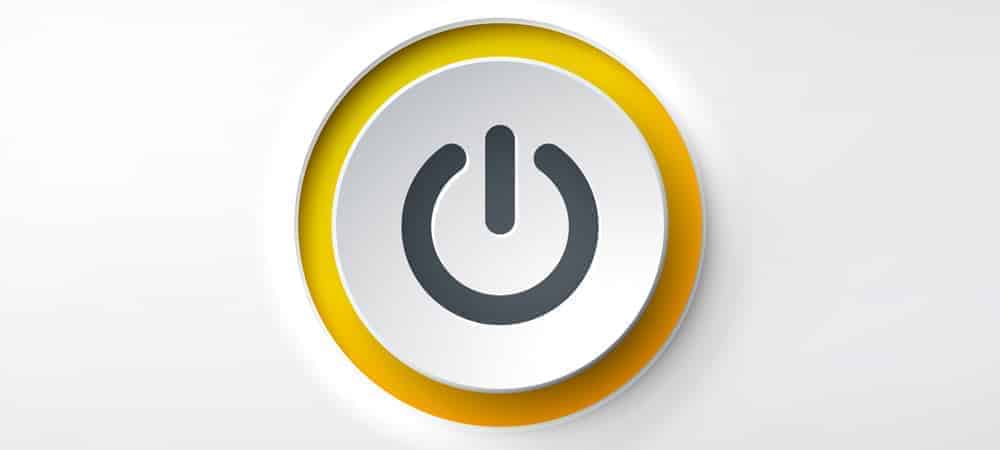Recipe for decommissioning legacy systems


Heterogeneous IT environments, different release statuses and globally distributed systems and applications - IT administrators in international companies face a variety of challenges when introducing global, reliable standards.
"For this reason, we launched the Horizon project back in 2010 to reduce our then 33 ERP systems worldwide to just one"
reports Sven Schweden, Head of the Information Lifecycle Team and responsible for the decommissioning of legacy systems at Henkel.
"The question arose: What do we do with the 70 terabytes of data that were in our legacy systems?"
Legacy systems still need regular security updates to prevent security vulnerabilities. There is also the problem of hardware replacement parts.
IT can therefore assume no liability for storing tax-relevant data and documents in the legacy systems in an audit-proof manner for at least ten years and retrieving them as required.
However, this calls into question legal certainty in the event of tax audits or legal disputes - a considerable risk for companies that must be eliminated.
Legacy systems are a risk
"Transferring the information from the legacy systems to the new central solution would have been far too time-consuming. But on closer inspection, continuing to operate the legacy systems at the lowest possible operating temperature didn't seem to make sense either"
explains Sven Schweden.
"Because even in a deep sleep, when all access for normal users and interfaces to third-party applications have been cut, legacy systems still need to be maintained."
A radically different approach therefore had to be taken that offered both legal certainty and the possibility of switching off the legacy systems.
The evaluation of this alternative solution took place in 2013 and 2014. To this end, IT brought together all affected specialist departments as well as overarching specialist departments such as Finance and Legal.
In joint workshops, they developed selection criteria and the specifications. The aim was to reconcile legal requirements and business interests. This meant storing legacy data and documents in a legally compliant manner while ensuring access to them.
Swiss pilot project convinces
With the involvement of external partners such as the IT service provider T-Systems and the auditing firm KPMG, Henkel ran through various scenarios and solutions.
In the end, the JiVS platform from the Swiss provider Data Migration Services proved to be the best solution, both functionally and financially. As a Java-based and therefore system-independent platform, it is certified by auditors in Germany, Austria and Switzerland. This is because it enables the audit-proof storage of legacy data together with its original business context.
This ensures legal certainty in the long term. At the same time, this information can be accessed as required. It is also displayed as if users were still working with the original application.
JiVS can also be used to manage the entire life cycle of information right through to the targeted deletion of individual data records and documents. This also enables companies to meet the requirements of the European General Data Protection Regulation (EU GDPR). The economic benefits also spoke in favor of the platform:
"The operating costs of JiVS are around ten percent compared to the real operation of the old systems. Even after maximum downsizing of the systems, there is still a cost saving in operation of 65 to 75 percent"
calculates Sven Schweden.
"That convinced us."

One of the systems to be decommissioned was located in Switzerland and was perfectly suited to the JiVS pilot project at Henkel. This was because the entire process landscape was mapped in this local ERP solution, as was typical for the large ERP systems in North America or Asia, for example.
In addition, the total volume of data stored in it was only 500 gigabytes. With the help of T-Systems Switzerland, the project was completed in just two months. And the specialist users were completely satisfied with the result.
"The pilot results were not only very satisfactory, but also extremely instructive. We were able to show that one of our most important sub-goals could be achieved with the virtually complete transfer of legacy data to JiVS.
By only transferring open processes that were no more than three to six months old to the central SAP system, we only had a few gigabytes of data to migrate"
summarizes Sven Schweden.
Due to the positive experience with the pilot, T-Systems was commissioned to decommission a further eight systems. As these were larger systems, new challenges arose.
Firstly, JiVS had to be connected to the existing document management systems. This is where Henkel stores over 150 million PDF files with a volume of more than 25 terabytes. This connection was intended to enable further access to the data and documents.
On the other hand, the JiVS platform had to be adapted to specific country requirements. These further developments included the ability to display currency data with up to five decimal places or to support Asian character sets. The latter was particularly relevant for Asia, where the systems for more than 30 countries were to be replaced.
Recipe for decommissioning
By the end of 2018, Henkel had decommissioned a total of 14 legacy systems, including five last year alone with more than 30 terabytes of data. The replacement of two further large legacy systems is planned for 2019.
"Based on this experience, we have developed a kind of formula according to which we can guarantee the decommissioning of an old system within a maximum of twelve months"
reports Sven Schweden.
"This is no longer just about the ERP systems that we originally had in mind with Horizon. We are currently evaluating the decommissioning of two CRM systems, for example.
AIn addition, any specialist department with legacy systems can submit a corresponding request to us."
The first ingredient in the recipe is a standardized questionnaire. This allows IT to clarify whether or not the request in question is suitable for a JiVS project.
If Sven Schweden and his colleagues come to a positive conclusion, they isolate the legacy system from third-party solutions and delete the existing authorizations so that no more changes can be made.
At the same time, they check whether the information is complete. Some SAP documents may still have to be printed. This is because once the data has been migrated to JiVS, it is no longer possible to generate documents from it.
Consequently, the documents must also be complete before the migration so that they can be transferred to the new platform. This first phase takes a maximum of three months.
In the following quarter, the JiVS experts extract all the information from the legacy systems. At the same time, they make any necessary adjustments to the JiVS platform.
In the third quarter after the start of the project, they test the new environment and ensure acceptance. Finally, in the fourth quarter, productive operation starts on the new platform. If everything runs as desired, the old system is shut down and dismantled.
In addition to the recipe, the idea of a Center of Excellence for JiVS was born.
"Experience shows that specialist users may need to access legacy data twice a year.
Although we had limited the number of accesses to two users per department and a maximum of fifty authorized users per decommissioned large ERP system, there was no bottleneck. But if you don't use software regularly, you quickly forget how to use it.
As a result, the number of support requests increased. That's why we want to set up a central team of JiVS users by the end of 2019, who will take over and handle all access requests from specialist users for them"
reports Sven Schweden.
The JiVS recipe and the associated structures and processes are now so tried and tested that Henkel expects to decommission not only the large ERP systems as originally planned by the end of 2020, but also the other ten ERP solutions that are in use locally.
The right approach for the future
"However, the greatest benefits of JiVS will only become apparent in the future. Like every existing SAP customer, we are currently considering a strategy for migrating to SAP S/4 Hana, in our case from our central SAP Business Suite.
But unlike many others, we can concentrate primarily on the question of whether we want to transfer our individual developments and customizations to the new SAP world or whether we want to adapt our processes to the SAP standard"
Sven Schweden looks ahead.
"Thanks to JiVS, we no longer have to worry about legacy issues. This makes us much more agile and also takes the time pressure off us so that we can tackle the changeover in peace."
140 years of innovation and agility
Henkel is active worldwide with leading innovations, brands and technologies in the following three business areas: Adhesive Technologies, Beauty Care and Laundry and Home Care.
Henkel was founded in 1876 and looks back on over 140 years of success. Henkel employs more than 53,000 people worldwide who form a diverse team - united by a strong corporate culture, a common purpose and shared values. Henkel's preferred shares are listed on the Dax.








